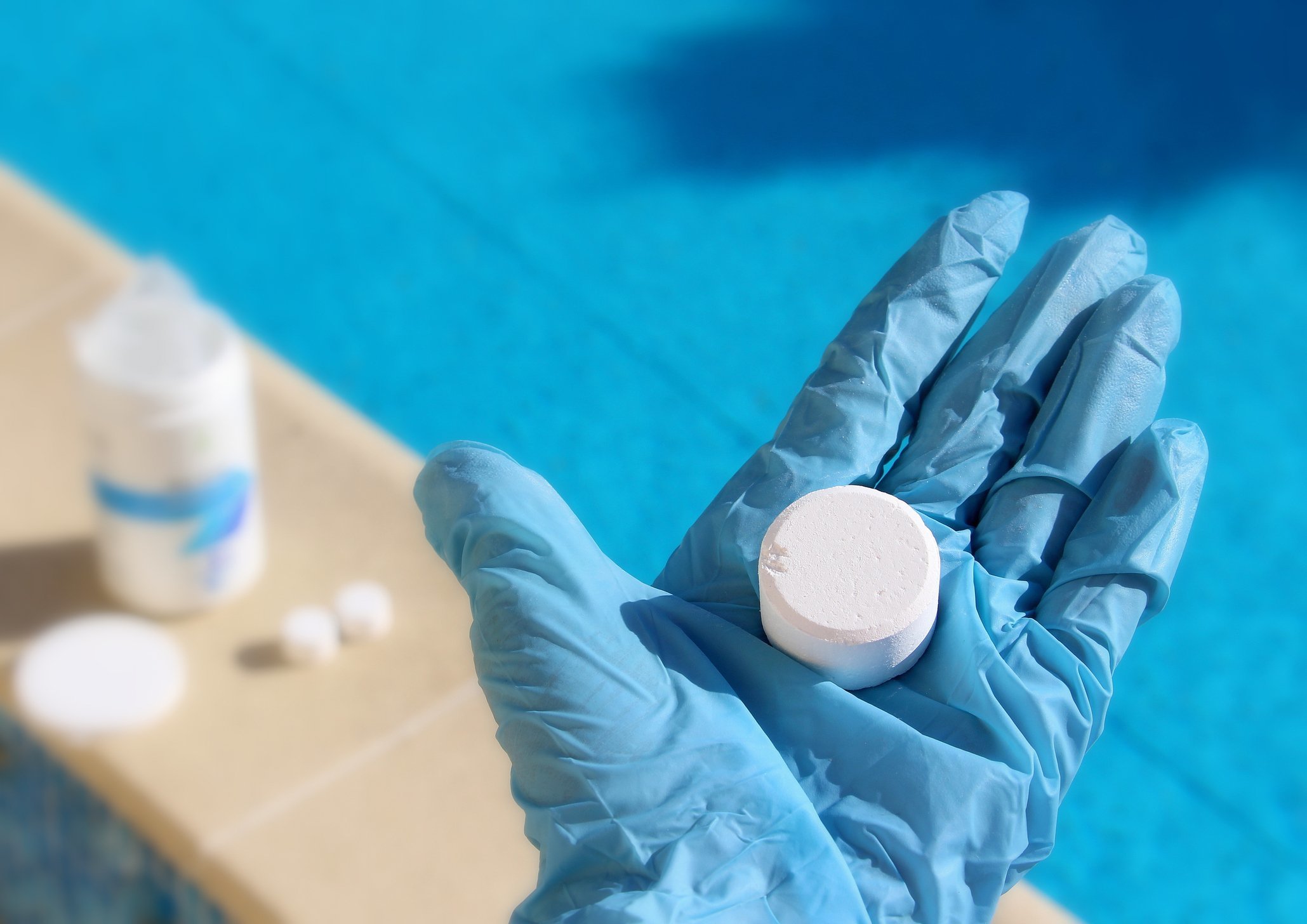17
2024
-
12
Does Calcium Hypochlorite Raise pH?
Calcium hypochlorite, commonly known as cal hypo, is a powerful chemical used for water disinfection in swimming pools, drinking water, and industrial water treatment. Besides its sanitizing properties, many people wonder: Does calcium hypochlorite raise pH levels? The answer is yes, but with nuances worth understanding.

Does Calcium Hypochlorite Raise pH?
Calcium hypochlorite, commonly known as cal hypo, is a powerful chemical used for water disinfection in swimming pools, drinking water, and industrial water treatment. Besides its sanitizing properties, many people wonder: Does calcium hypochlorite raise pH levels? The answer is yes, but with nuances worth understanding.
How Calcium Hypochlorite Affects pH?
When calcium hypochlorite dissolves in water, it forms hypochlorous acid and calcium hydroxide. While hypochlorous acid acts as a disinfectant, calcium hydroxide—a base—increases the pH of the water. This property makes calcium hypochlorite especially useful for maintaining pH balance in acidic pool environments.
Key Reaction:
Ca(OCl)2+H2O→Ca(OH)2+2HOClCa(OCl)_2 + H_2O → Ca(OH)_2 + 2HOClCa(OCl)2+H2O→Ca(OH)2+2HOCl
Here’s why this matters:
Neutral to Slightly Basic Effect:Calcium hypochlorite has a pH level of around 11–12 in concentrated form, which can raise the water’s pH slightly when used in appropriate doses.
Balancing Alkalinity:If your pool water is too acidic (low pH), calcium hypochlorite can help stabilize it, improving swimmer comfort and preventing equipment corrosion.
Minimal pH Rise in Balanced Water:In properly maintained pools or water systems, the pH rise caused by calcium hypochlorite is generally minimal and easy to control.
Benefits of Calcium Hypochlorite for pH Management
- Dual Functionality:
- Calcium hypochlorite not only disinfects but also contributes to pH balance, reducing the need for additional pH-raising chemicals.
- Protects Pool Surfaces:
- Its calcium content helps increase water hardness, preventing etching or scaling on pool surfaces, especially in soft or acidic water conditions.
- Improves Chlorine Efficiency:
- Balanced pH ensures that chlorine remains effective in killing bacteria and algae.
When to Be Cautious?
While calcium hypochlorite can help raise pH, excessive use may lead to an overly alkaline pool environment (pH above 8), reducing chlorine efficiency and causing issues like scaling or cloudy water.
To avoid this:
- Regularly test pH levels with a reliable testing kit.
- Maintain a pool pH range of 7.2–7.8 for optimal disinfection and comfort.
How to Use Calcium Hypochlorite Safely?
- Pre-dissolve in Water:
- Always dilute calcium hypochlorite in a bucket of water before adding it to your pool. This prevents undissolved granules from damaging surfaces.
- Monitor Alkalinity:
- Use calcium hypochlorite in combination with pH reducers (like muriatic acid) if pH levels rise too much.
- Adjust Dosage:
- Follow the manufacturer’s instructions for proper dosage, based on your pool size and existing water chemistry.
Calcium hypochlorite is an excellent water treatment solution, offering both effective sanitation and pH management. While it does raise pH slightly, its effect is generally manageable and can benefit pools with acidic water.
For optimal results, always test your water regularly and adjust other chemical levels as needed. Calcium hypochlorite is a valuable tool for maintaining clean, safe, and balanced water systems.
cal hypo,calcium hypochlorite factory,calcium hypochlorite china
undefined





